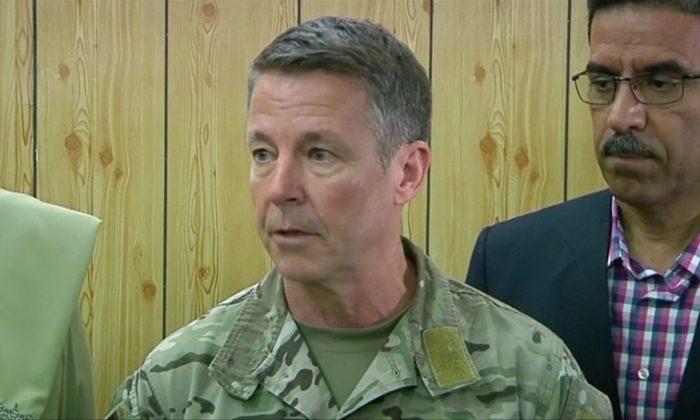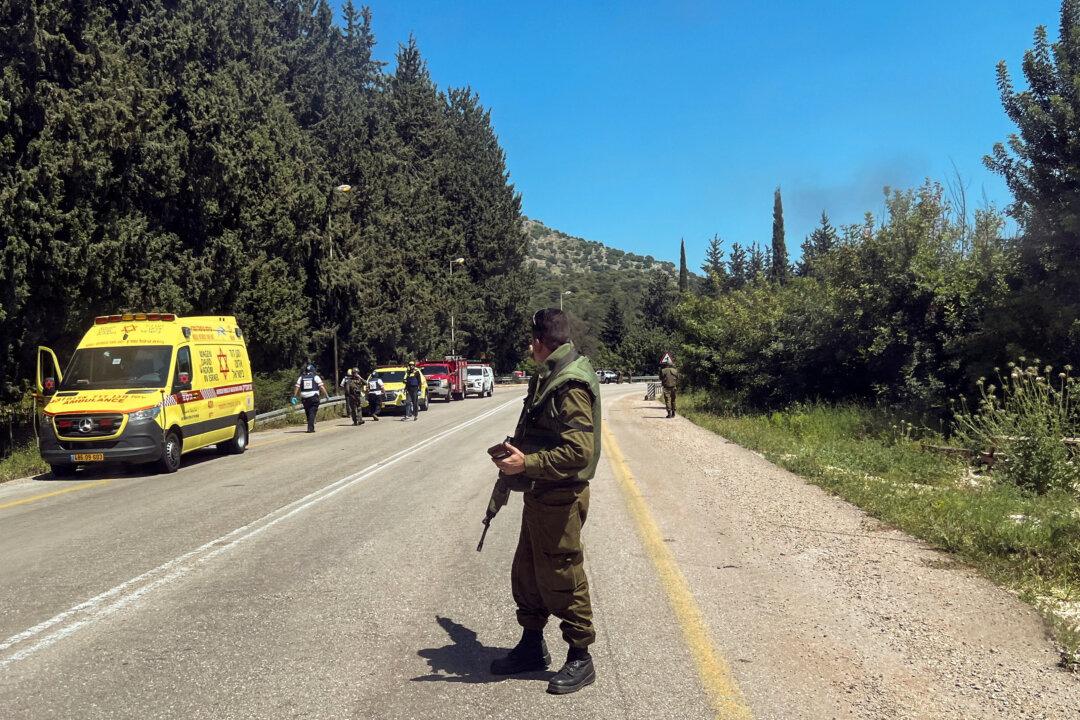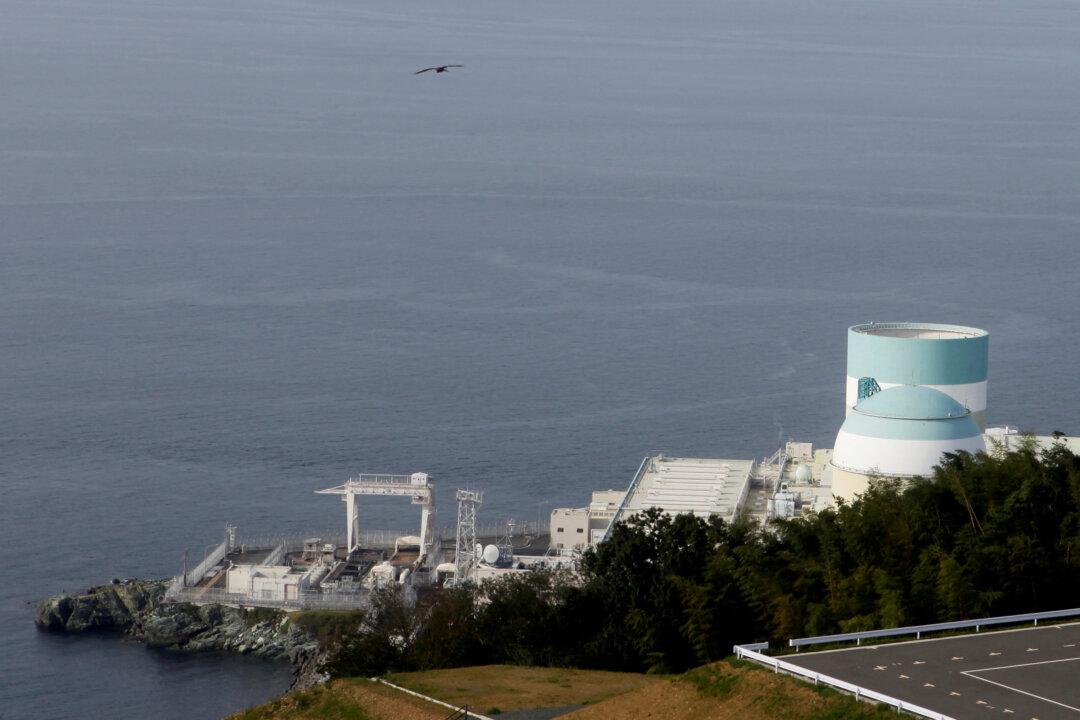KABUL/PESHAWAR, Pakistan—The top U.S. general in Afghanistan said on Oct. 19, he did not believe he was the target of an attack that killed the powerful police chief of Kandahar, and Afghan officials said the gunman may have deliberately avoided hitting him.
The gunman assassinated the police chief of Kandahar province on Thursday along with a top Afghan intelligence agency officer, but the U.S. commander of Afghanistan’s NATO-led force, General Scott Miller, who was standing nearby when the attack occurred, was not hurt.
“My assessment is that I was not the target. It was a very close confined space. But I don’t assess that I was the target,” Miller told Afghanistan’s Tolo News TV in an interview.
General Abdul Razeq, police commander of the southern province and one of Afghanistan’s most powerful security officials, was fatally wounded by a bodyguard of the provincial governor as he came from a meeting with officials on Thursday.
“It’s been a long and painstaking journey in which he finally succeeded and got space among the bodyguards of the governor,” one Taliban commander said.
“We had no idea about such an important meeting there as our prime target was General Razeq,” he said.
In addition, the local head of the NDS intelligence service was killed and the provincial governor severely wounded, while the attacker himself was killed.
Miller was also at the meeting and was heading to his helicopter to return to Kabul when the gunman, whom a Taliban spokesman identified as a 21-year-old from Ghazni province called Raza Mohammad, known as Abu Dujana, opened fire.
Razeq, a ruthless commander accused of torture and other abuses by human rights campaigners, was one of the Taliban’s most hated and effective enemies, and the insurgents said the attack had been prepared for some time.
Repercussions
The Taliban claimed the attack in a statement saying both Razeq and Miller were the targets, but the commander said they only knew very late that the U.S. general would be present at the talks with local security officials.He said the killer told his handlers on Thursday that a big meeting was taking place where Miller would also be present.
“Then we changed our idea and directed him to use all his sources and kill General Miller and General Razeq,” he said.
Two Americans and a coalition contractor were wounded but Afghan security officials, who say Pakistan was involved in the plan, said they believed the attacker deliberately avoided killing Miller.
“They didn’t want repercussions from the U.S. and the international community. It was a pure warning for Miller that they can hit him if they want to,” said one of the Afghan officials, who spoke on condition of anonymity.
Razeq himself was a fierce critic of Pakistan and its intelligence service, which Afghan officials regularly accuse of supporting Taliban operations, a charge Islamabad denies.
On Friday, the chief of the Pakistan army staff issued a statement condemning the Kandahar violence and saying it supported initiatives toward peace in the region.
A foreign security official said Razeq had stopped visiting the governor’s house in recent months because he feared it had been infiltrated and had only gone because Miller and his delegation were there.
“This is just a message to the Afghan government and U.S. military commanders that whenever and wherever we want, we can enter and carry out attacks on them,” said a Taliban commander in Helmand.






Friends Read Free